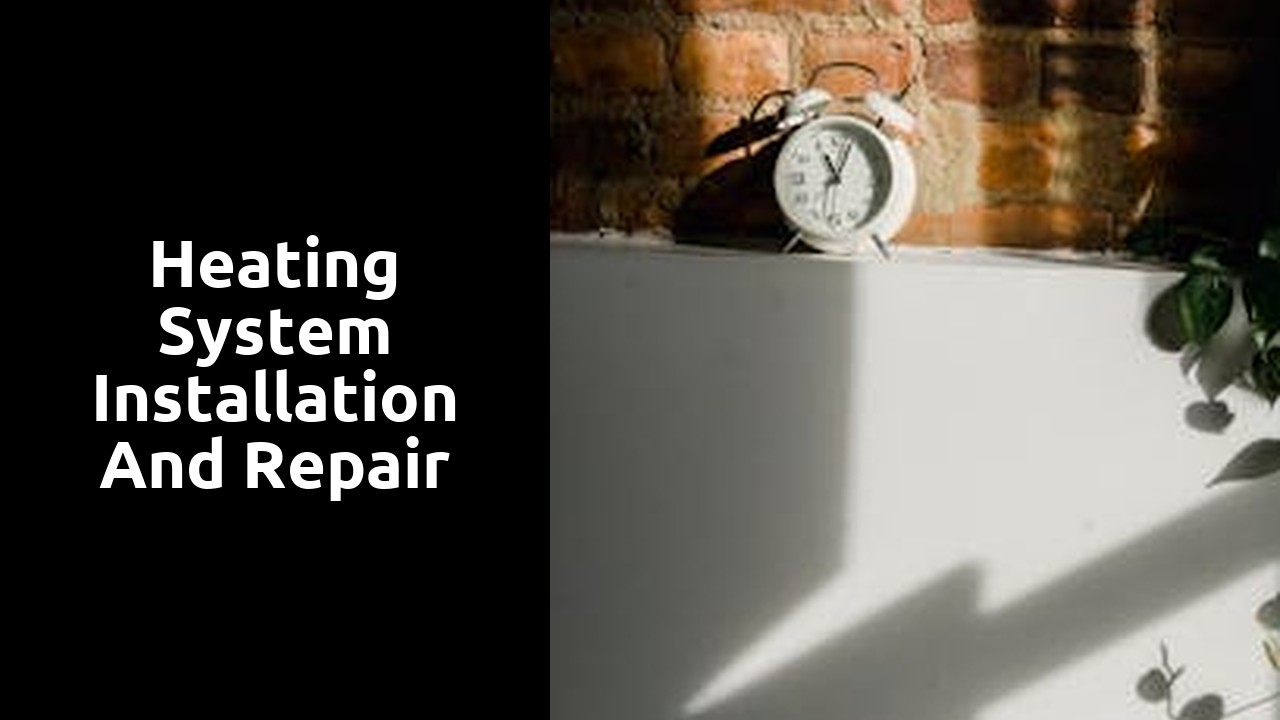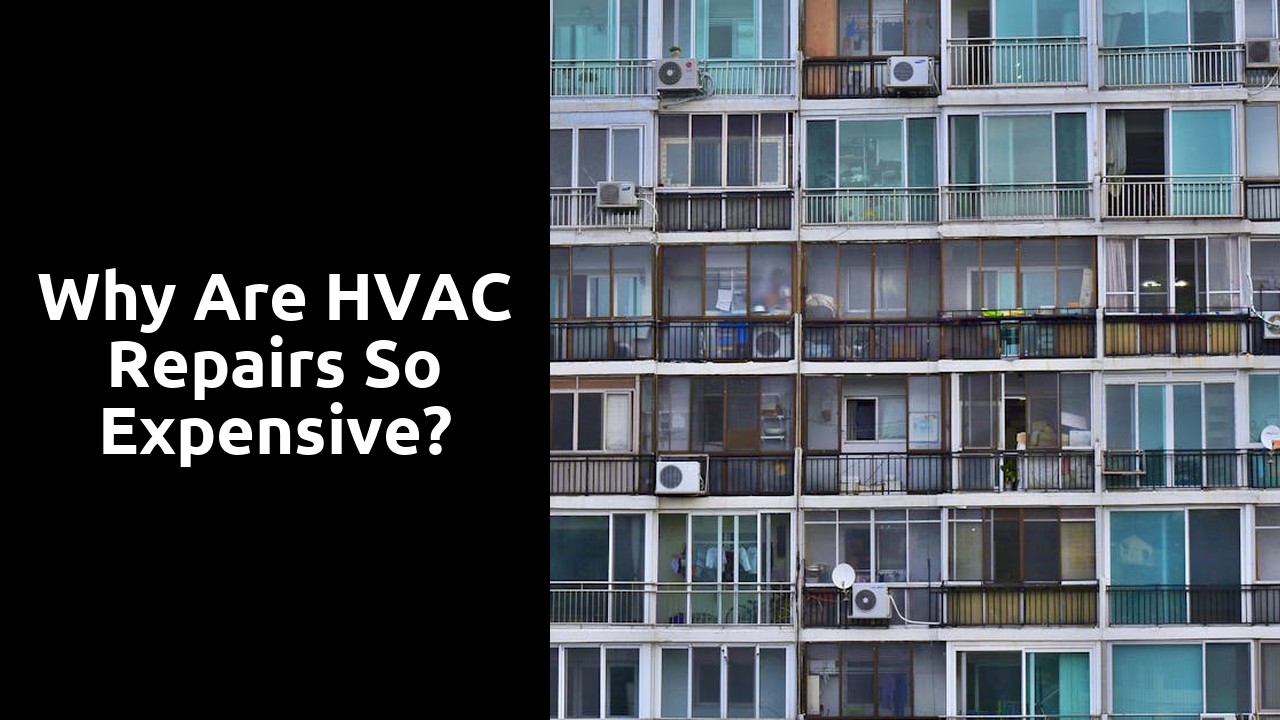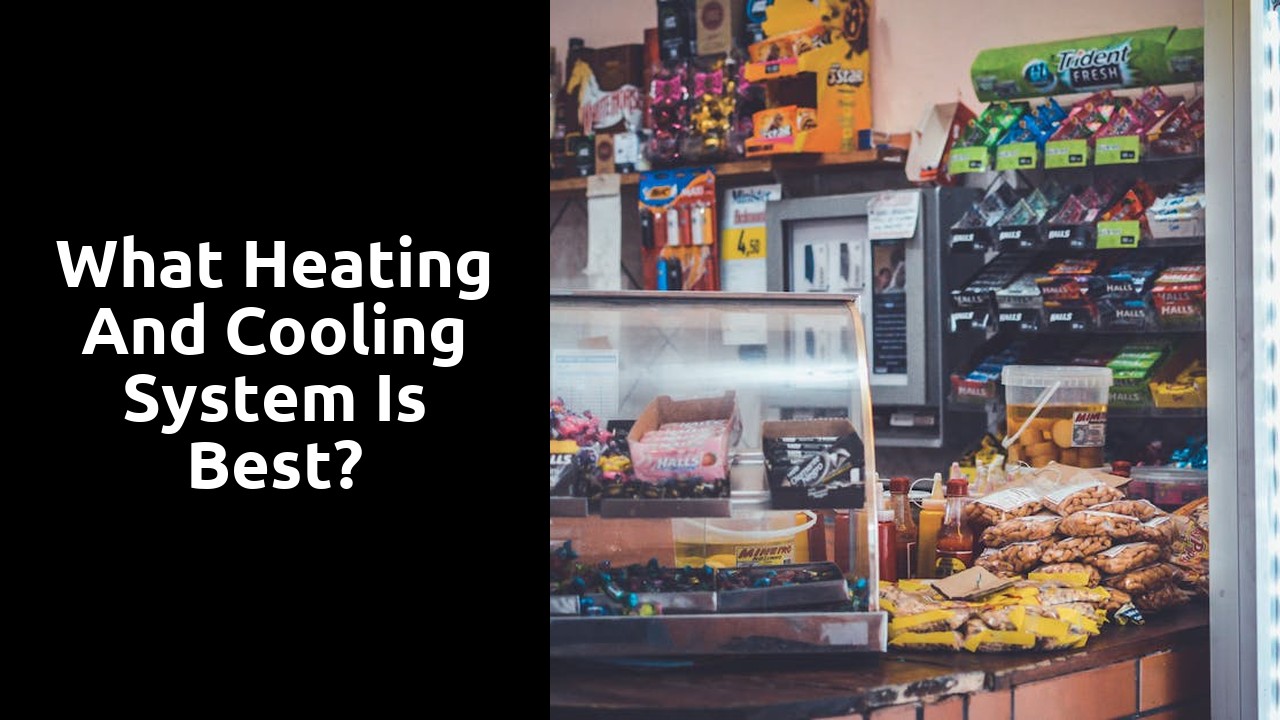
Heating System Installation and Repair
An HVAC Contractor provides expert services in heating system installation and repair for residential and commercial properties. Whether you are looking to upgrade to a more energy-efficient heating system or need repairs on your current system, an HVAC contractor can assist you. They have the knowledge and expertise to properly install a new system or diagnose and repair any issues with your existing heating system. From ensuring proper ventilation to optimizing efficiency, an HVAC contractor can help keep your space warm and comfortable during the colder months. Trusting a professional HVAC contractor for your heating system needs ensures that the job is done accurately and efficiently.
DIY Heating System Maintenance
Regular maintenance of your heating system is crucial to ensure it operates efficiently and effectively. One of the simplest tasks you can perform to maintain your heating system is to regularly replace or clean the air filters. Clogged or dirty filters can restrict airflow, reducing the system's efficiency and increasing energy consumption. Refer to the manufacturer's guidelines for the recommended frequency of filter replacement and follow them diligently.
Another important maintenance task is to check and clean the heating system's vents and ducts. Dust, dirt, and debris can accumulate in these areas, obstructing airflow and affecting the system's performance. Use a vacuum or a damp cloth to clean the vents and ducts thoroughly. Additionally, make sure that the area around the vents is clear of obstructions to allow proper airflow. By keeping these components clean and unobstructed, you can help your heating system work optimally and extend its lifespan.
StepbyStep Guide to Cleaning and Inspecting Your System
Regular cleaning and inspection of your heating system is paramount to ensure it operates efficiently and remains in good working condition. Begin by turning off the power to the system and letting it cool down before starting any maintenance tasks. Remove any dust or debris from the exterior of the unit using a soft brush or cloth, being careful not to damage any components in the process.
Next, proceed to open up the unit and clean the internal components such as the blower motor, fan blades, and heat exchanger. Use a vacuum with a brush attachment to gently remove dust and dirt buildup, paying close attention to any areas that may be prone to collecting debris. Inspect the belts for any signs of wear and tear, and replace them if necessary to prevent any issues with the system's performance. Regular cleaning and inspection will not only improve the efficiency of your heating system but also extend its lifespan, saving you money on costly repairs in the long run.
Hiring a Professional for Heating System Repair
When it comes to repairing your heating system, hiring a professional can save you time, effort, and potential costly mistakes. Professionals have the knowledge and expertise to accurately diagnose issues and provide effective solutions promptly. By entrusting your heating system repair to a skilled technician, you can ensure that the job is done correctly, minimizing the risk of further complications down the line.
Professional heating system repair services also come with the added benefit of warranties and guarantees for the work performed. This means that if any issues arise after the repair, you can rely on the service provider to rectify the problem at no additional cost to you. Additionally, professionals have access to high-quality tools and equipment that are necessary for performing repairs efficiently and safely. Overall, investing in a professional for your heating system repair can offer you peace of mind and long-term savings by ensuring the optimal performance of your system.
Questions to Ask Before Hiring a Heating System Repair Service
Before hiring a heating system repair service, it's crucial to ask the right questions to ensure you're making an informed decision. Begin by inquiring about the company's experience in handling similar heating system issues. Understanding their expertise and track record can provide insight into their ability to effectively diagnose and repair your system.
Next, it's important to ask about the licensing and certifications of the technicians who will be working on your heating system. Ensure that they are properly trained and qualified to handle the repairs needed. Additionally, inquire about the warranty coverage for the repair work and parts used. Having a clear understanding of the warranty terms can give you peace of mind in case further issues arise after the repair is completed.
Upgrading Your Heating System for Better Efficiency
Upgrading your heating system can bring various advantages, especially when it comes to improving efficiency and reducing energy costs. One of the key benefits is that newer heating systems are designed to operate more efficiently, which means they can heat your home more effectively while using less energy. This not only helps in reducing your carbon footprint but also can lead to significant savings on your monthly utility bills. Additionally, upgrading your heating system can enhance the overall comfort of your home by providing more consistent heating throughout the living spaces.
Another advantage of upgrading to a high-efficiency heating system is the potential increase in the resale value of your home. Many homebuyers are interested in properties with energy-efficient features, including heating systems, as they understand the long-term cost savings and environmental benefits associated with them. By investing in a modern, high-efficiency heating system, you not only get to enjoy a warmer and more comfortable home but also increase the marketability and value of your property. It's a win-win situation that combines improved comfort with a smart financial decision in the long run.
Benefits of Upgrading to a HighEfficiency Heating System
Upgrading to a high-efficiency heating system offers numerous advantages for homeowners. Firstly, these systems are designed to operate more efficiently, resulting in lower energy consumption and decreased utility bills. By investing in a high-efficiency heating system, you can save money in the long run while also reducing your carbon footprint. Additionally, these systems often come with advanced features such as programmable thermostats and zoned heating, allowing for better control over temperature settings and enhanced comfort in different areas of your home.
Furthermore, high-efficiency heating systems can improve indoor air quality by ensuring proper ventilation and filtration of air. This is especially beneficial for individuals with respiratory issues or allergies. By upgrading to a high-efficiency system, you can create a healthier and more comfortable living environment for you and your family. Additionally, these systems tend to have a longer lifespan and require less maintenance, saving you time and hassle in the upkeep of your heating system.
FAQS
How often should I clean and inspect my heating system?
It is recommended to clean and inspect your heating system at least once a year to ensure it is running efficiently and safely.
Can I perform maintenance on my heating system myself?
While some maintenance tasks can be done by homeowners, it is always best to have a professional technician perform a thorough inspection and maintenance to avoid any potential safety hazards.
How do I know when it's time to upgrade my heating system?
If your heating system is older than 15 years, constantly requiring repairs, or causing a significant increase in energy bills, it may be time to consider upgrading to a more efficient system.
What questions should I ask before hiring a heating system repair service?
Before hiring a heating system repair service, it is important to inquire about their experience, licensing, insurance, warranties offered, and references from previous customers.
What are the benefits of upgrading to a high-efficiency heating system?
Upgrading to a high-efficiency heating system can result in lower energy bills, improved indoor comfort, reduced carbon footprint, and potentially qualify you for rebates or tax incentives.




